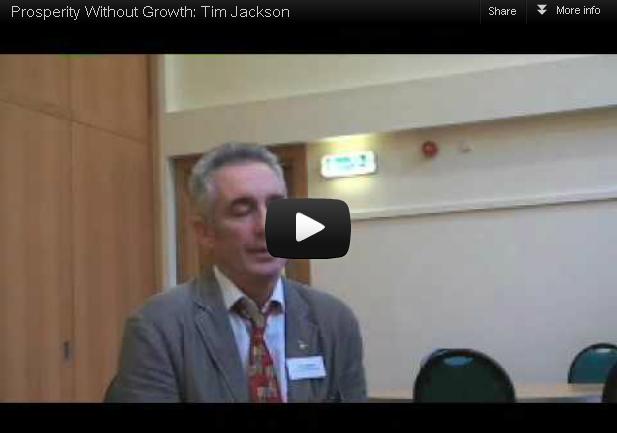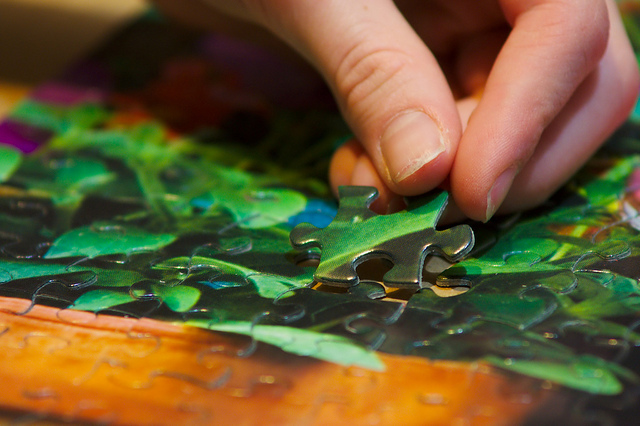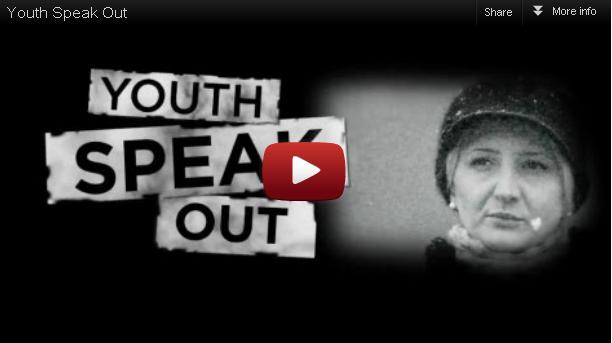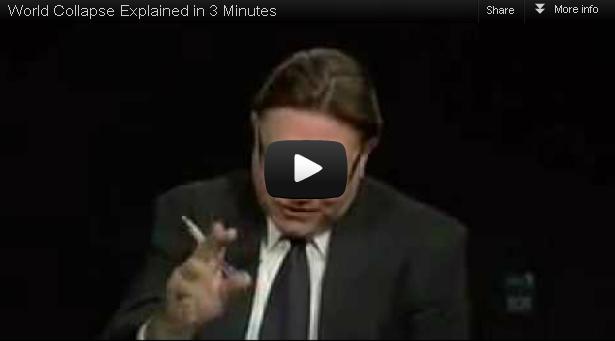


The Missing Puzzle Piece: Cooperation, The Third Integral Aspect Of Evolution
Scientists from a wide range of disciplines have attempted for more than a century to explain how cooperation, altruism, and self-sacrifice arose in our dog-eat-dog world. Darwin himself was troubled by selfless behavior. Yet in his great works, the problem of cooperation was a sideshow, a detail that had to be explained away. That attitude prevails among many biologists even today.” The above and subsequent quotes on cooperation in evolution and human society come from Martin Nowak’s and Roger Highfield’s book, Super Cooperators: Altruism, Evolution, and Why We Need Each Other to Succeed. Does Cooperation Hurt Survival Of The Fittest? Why weaken your own fitness to increase the fitness of a competitor? Why bother to look after anyone besides number one? Cooperation goes against the grain of self-interest. Cooperation is irrational. From the perspective of Darwin’s formulation for the struggle for existence, it makes no sense to aid a potential rival, yet there is evidence that this occurs among even the lowliest creatures. … This looks like a fatal anomaly in the great scheme of life. Natural selection should lead animals to behave in ways that increase their own chances of survival and reproduction, not improve the fortunes of others. In the never-ending scrabble for food, territory, and mates in evolution, why would one individual ever bother to go out of its way to help another?” To Compete Or Cooperate We are all cells in the same body of humanity.” —Peace Pigram (Mildred Lisette Norman) In the game of life we are all driven by the struggle to succeed. We all want to be winners. There is the honest...
Global Youth Unemployment On The Rise
The current, unprecedented level of global youth unemployment has raised the risk of creating ‘a lost generation’… [Y]oung people account for 40 percent or more of all unemployed people in Jordan, Lebanon, Morocco, and Tunisia, and nearly 60 percent in Syria and Egypt.” Nemat Shafik, deputy managing director of the International Monetary Fund. The world is facing a worsening youth employment crisis: young people are three times more likely to be unemployed than adults…” The International Labour Organization The United Nations estimates that last year 74.8 million youth between the ages of 15 to 24 faced joblessness, with 6.4 million young people dropping out of the labor market in 2011 alone. The highest youth unemployment rates are in North Africa (27.1%) and the Middle East (26.2%)… In the ostensibly prosperous Euro-area countries, over one-in-five young people (21.3%) cannot find a job. When this regionally-averaged figure is broken down to remove countries like Germany, the results are stark: In Spain and Greece, nearly half of all youth are without a job (48.7% and 47.2% …” CNN The Consequences Of Youth Unemployment Lower life expectancy: Unemployment more generally has been linked to lower life expectancy, a higher incidence of heart attacks later in life, and even higher rates of suicide. Higher crime rates: Increased unemployment has been linked to higher crime rates. Increased costs to the economy: Youth unemployment results in higher unemployment insurance and other benefit payments, lost income tax revenues, and wasted productive capacity. Lower lifetime earnings: Youth unemployment leaves a “wage scar” in the form of lower earnings that can last into middle age. The longer the period...![Alan Watts – A Conversation With Myself [Video]](http://www.mutualresponsibility.org/wp-content/uploads/2012/09/Alan-Watts.jpg)
Alan Watts – A Conversation With Myself [Video]
Alan Watts muses on the difference between the world of nature and the world of man. The following are some quotes from the video: There seems to be a complete difference of style between the things that human beings do and the things that nature does, even though human beings are themselves part of nature There is an interdependence of flowers and bees. Where there are no flowers there are no bees, and where there are no bees there are no flowers. They’re really one organism. And so in the same way, everything in nature depends on everything else. So it’s interconnected! And so the many many patterns of interconnections lock it in together into a unity, which is, however, much too complicated for us to think about Each one of us, not only human beings but every leaf, every weed, exists in the way it does only because everything around it does Everything we’re doing to try to improve the world was a success in the short run, made amazing initial improvements, but in the long run we seem to be destroying the planet by our very efforts to control it and improve it When the wrong man uses the right means, the right means work in the wrong way. In other words there’s something wrong with the way we think. And while that is there, everything we do will be a...
